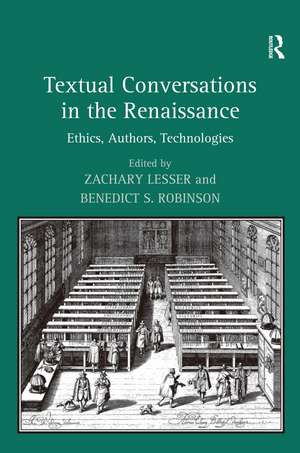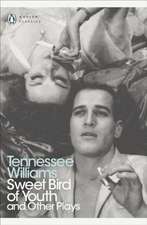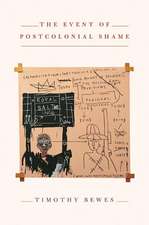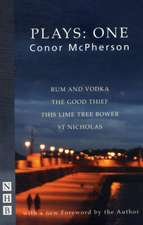Textual Conversations in the Renaissance: Ethics, Authors, Technologies
Autor Benedict S. Robinson Editat de Zachary Lesseren Limba Engleză Hardback – 28 oct 2006
Preț: 1000.27 lei
Preț vechi: 1219.84 lei
-18% Nou
Puncte Express: 1500
Preț estimativ în valută:
191.43€ • 199.11$ • 158.03£
191.43€ • 199.11$ • 158.03£
Carte tipărită la comandă
Livrare economică 14-28 aprilie
Preluare comenzi: 021 569.72.76
Specificații
ISBN-13: 9780754656852
ISBN-10: 0754656853
Pagini: 240
Dimensiuni: 156 x 234 x 14 mm
Greutate: 0.45 kg
Ediția:1
Editura: Taylor & Francis
Colecția Routledge
Locul publicării:Oxford, United Kingdom
ISBN-10: 0754656853
Pagini: 240
Dimensiuni: 156 x 234 x 14 mm
Greutate: 0.45 kg
Ediția:1
Editura: Taylor & Francis
Colecția Routledge
Locul publicării:Oxford, United Kingdom
Cuprins
Contents: Preface; Introduction, Zachary Lesser and Benedict S. Robinson. Part 1 Conversational Ethics: The art of Conversazioni: practices in Renaissance rhetoric, Arthur F. Kinney; 'Defend his freedom 'gainst a monarchy': Marlowe's republican authorship, Patrick Cheney; 'Much more the better for being a little bad,' or gaining by relaxing: equity and paradox in Measure for Measure, Peter G. Platt. Part 2 Authors in Conversation: Allegory, irony, despair: Chaucer's Pardoner's and Franklin's Tales and Spenser's Faerie Queene, Books I and III, Judith H. Anderson; 'Les langues des hommes sont pleines de tromperies': Shakespeare, French poetry, and alien tongues, William J. Kennedy; Joining the conversation: David, Astrophil, and the Countess of Pembroke, Margaret P. Hannay. Part 3 Technologies of Conversation: The puzzling letters of Sister Elizabeth Sa[u]nder[s], Betty S. Travitsky; A civil conversation: letters and the edge of form, Roger Kuin; 'Made all of rusty yron, ranckling sore': The imprint of paternity in The Faerie Queene, Douglas A. Brooks. Bibliography; Index.
Notă biografică
Zachary Lesser is Assistant Professor of English at the University of Pennsylvania, USA. Benedict S. Robinson is Assistant Professor of English at SUNY-Stony Brook, USA.
Recenzii
'A valuable collection of essays”learned and readable”on the conversations in Renaissance texts across temporal, geographical, cultural, and gender boundaries. These nine essays not only explore but also exemplify civil, generous conversation, and thus are a tribute to its value, particularly welcome in our own time when contention often threatens to drown out conversation.' Achsah Guibbory, Barnard College ’Readers will inevitably pick and choose when they take up this eclectic collection, but most will discover something that satisfies and edifies.’ Renaissance Quarterly
Descriere
A group of leading scholars here investigate the varied ways in which the Renaissance incorporated conversation and dialogue into its literary, political, juridical, religious, and social practices. Across a range of texts and genres, the essays focus on the importance of conversation to early modern understandings of ethics; on literary history itself as an ongoing authorial conversation; and on the material and textual technologies that enabled early modern conversations.












